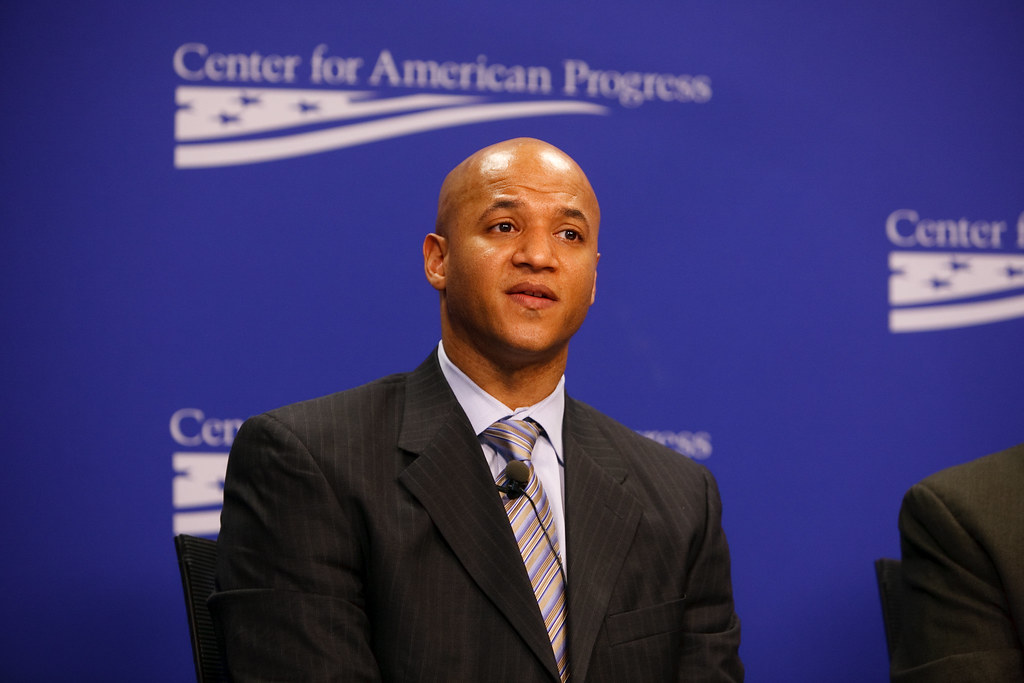Your cart is currently empty!
By
John Abraham
| UPDATED

Few topics bring more tension into a marriage than money. Different habits, fears, or priorities can quickly turn conversations about finances into battles. But money does not have to be a wedge. When handled with openness and respect, it can actually bring couples closer, giving them a shared vision for the life they are building together.
Start the Money Conversation Right

Initiate financial discussions by choosing a calm, neutral setting, free from distractions. Start with a phrase like, “I’ve been thinking about our financial future and would love to hear your thoughts.” This invites dialogue without pressure. Approach the conversation with curiosity and understanding, allowing both partners to express their feelings and concerns. Creating a safe space ensures that both parties feel valued and respected, laying the groundwork for productive financial planning.
Align Financial Goals Together

Shared financial goals create a roadmap that unites partners in their journey. Begin by discussing dreams and aspirations, from owning a home to retirement plans. Use questions like, “What do we want our financial future to look like?” to spark discussion. Aligning on these goals helps prioritize spending and saving, providing a clear direction. When partners see eye-to-eye on their financial objectives, it fosters teamwork and mutual support, strengthening the relationship.
Create a Joint Budget Plan

Developing a budget together transforms financial management into a collaborative effort. Begin by listing monthly expenses and income, then allocate funds to shared goals and individual needs. A statement like, “Let’s decide together how we want to spend and save,” encourages teamwork. By having transparent discussions about the budget, couples can ensure both partners feel heard and valued, reducing stress and enhancing trust within the relationship.
Understand Spending Habits

Recognizing individual spending patterns can prevent misunderstandings and foster empathy. Discuss past experiences that shaped money attitudes, using phrases like, “I’ve noticed I tend to splurge on… because…” Understanding each other’s financial behaviors allows partners to address differences positively. By embracing these insights, couples can build strategies that accommodate varying habits, fostering a supportive environment where both partners feel understood.
Divide Financial Responsibilities

Equitable division of financial duties ensures that both partners feel involved and empowered. Start by discussing each other’s strengths and preferences, using prompts like, “I feel confident managing… How about you?” Assign tasks based on these discussions to balance the load. By sharing responsibilities, couples promote equality and reduce resentment, creating a partnership where both individuals contribute to the financial health of the relationship.
Address Debt Together

Debt can be a heavy burden, but tackling it as a team strengthens the relationship. Begin by openly sharing debt details, using a supportive statement like, “Let’s look at our debts together so we can plan effectively.” Developing a unified strategy for repayment fosters a sense of shared commitment. As partners work through financial challenges side by side, they build resilience and trust, knowing they can rely on each other in difficult times.
Regular Financial Check-ins

Consistent financial discussions ensure alignment and adaptability. Schedule regular check-ins to review the budget, using phrases like, “Let’s take a look at where we stand financially this month.” These sessions allow partners to address changes, celebrate successes, and recalibrate goals. By maintaining open lines of communication, couples can navigate financial ebbs and flows together, reinforcing their partnership and ensuring ongoing financial harmony.
Respect Financial Boundaries

Recognizing and respecting each other’s financial boundaries is key to maintaining harmony. Have open conversations about personal limits, with statements like, “I feel comfortable spending up to… without consulting you.” Acknowledging these boundaries fosters mutual respect and autonomy. By honoring each other’s financial independence, partners build a foundation of trust, ensuring that financial matters enhance rather than strain the relationship.

